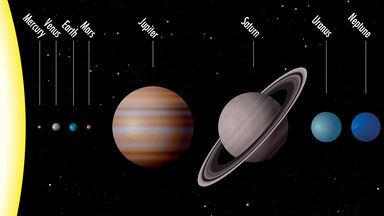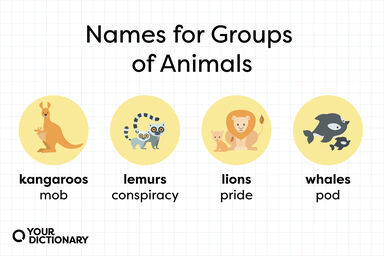Eclipse Definition
To overshadow; to be better or more noticeable than.
Origin of Eclipse
-
Middle English from Old French from Latin eclīpsis from Greek ekleipsis from ekleipein to fail to appear, suffer an eclipse ek- out ecto– leipein to leave leikw- in Indo-European roots
From American Heritage Dictionary of the English Language, 5th Edition
-
From Old French eclipse, from Latin eclīpsis, from Ancient Greek ἔκλειψις (ekleipsis, “eclipse”), from ἐκλείπω (ekleipō, “I abandon, got missing, vanish”), from ἐκ (ek, “out”) and λείπω (leipō, “I leave behind”).
From Wiktionary
Find Similar Words
Find similar words to eclipse using the buttons below.





